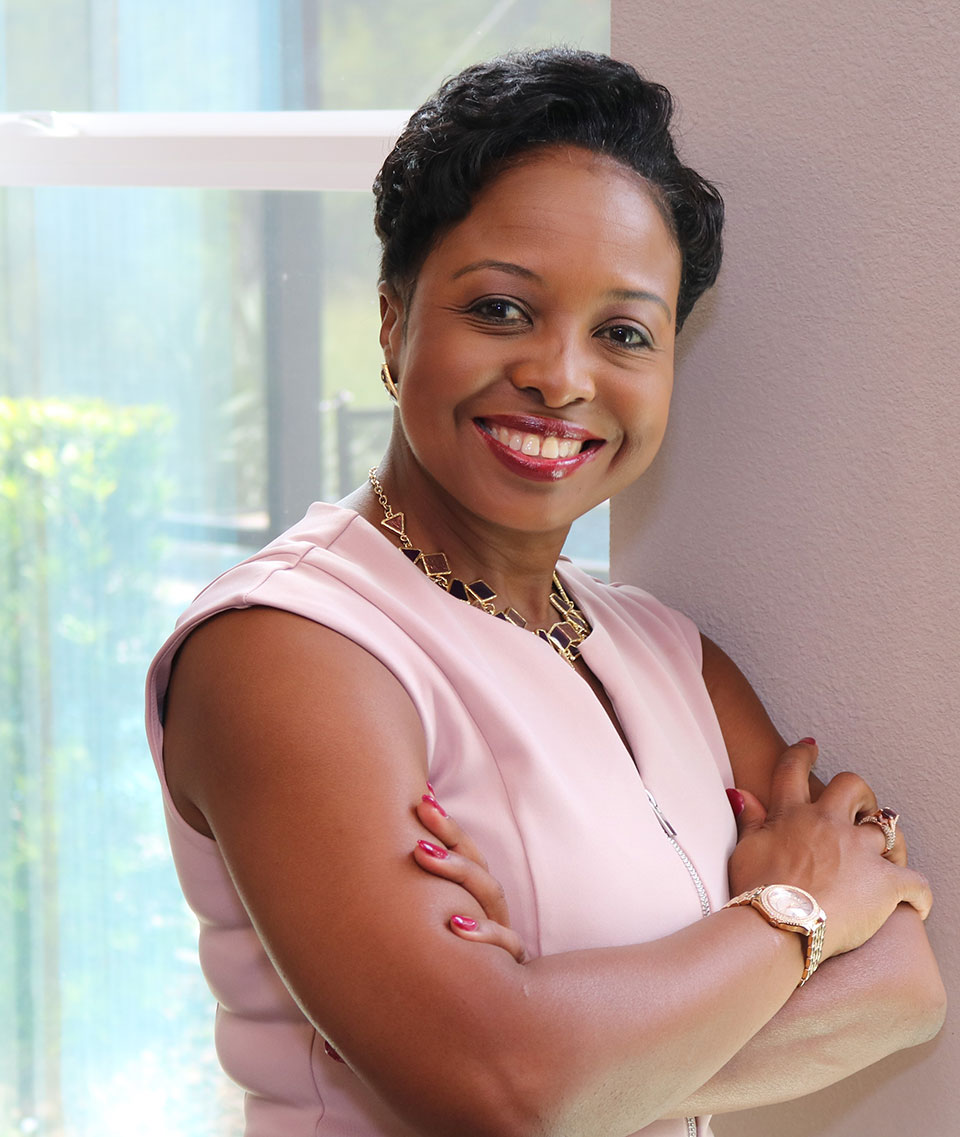Five Ways That Boards Can Influence DEI in the Organization

More than ever before, boards of directors are recognizing that DEI not only contributes to organizational performance but also promotes better decision making, prevents blind spots in board deliberation, and enables them to access more resources and reach a broader community. Boards play an integral role in leading their companies through business and social change in ways that promote sustainability, performance, and value.
High-performing boards operate to their fullest potential when they tap into a broad range of diversity by drawing from the expertise of people across race, ethnicity, sexual orientation, thinking, working, and other areas, such as professional experience. An exceptional board is a high-performing team with a shared purpose to drive the work of the organization forward toward an important vision. Fostering a space that values the experiences of a diverse group and applies them to the oversight of social impact organizations is important to addressing social challenges.
Here are five steps boards can take to better influence and lead their companies strategically and systemically in their DEI initiatives.
1. Develop a DEI Statement and Center it in Your Business Strategy
Don’t assume that everyone understands DEI or operates from the same point of view. Remember, diversity, equity, and inclusion are three separate concepts, yet they’re often misinterpreted or used interchangeably. A DEI statement gets everyone on the same page. Make your DEI statement part of your governance structure (so you can make more-informed decisions and hold each other accountable) and a core ingredient in the design and execution of your business strategy.
Having a DEI statement not only expresses commitment but also serves a tool for the nominating committee as you consider and recruit new board members. Publish this statement on your website so that interested board prospects are clear about your commitment and where you stand.
2. Commit to Diversifying Your Board
Optics matter. Representation matters. When a potential board member doesn’t see anyone else who looks like them, it communicates that their values and needs aren’t important and that the organization isn’t serious about DEI. If the board isn’t both diverse and inclusive, it lacks credibility with management and likely with staff, customers, donors, partners, and other stakeholders as well. Diversifying your board should be an intentional and ongoing process. It should include recruiting for the attributes that you don’t currently have (and will need in the future based on your organization’s direction) and that are representative of the communities you serve and are located in.
Reassess your board’s recruitment goals and selection criteria. Start by looking at the visible demographic makeup of your board (especially among racial and gender lines because they make up a significant portion of the workforce and are most underrepresented on today’s corporate and nonprofit boards). Also expand your candidate pool to include cognitive diversity — different views and perspectives, experiences, and ways of working — as well as generational, personality, and communication style diversity and candidates who are outside your industry and sector. Some skills and experiences are transferable and can add tremendous value to any board. By assembling a board that reflects a broad cross-section of diverse perspectives and lived experiences, your company benefits from robust discussions, which lead to more innovative solutions that address complex problems facing the organization and its communities.
3. Embrace an Equity Mindset
An equity mindset requires a board to be aware of systemic inequities and commit to promoting equity in what the organization does. Understanding how these inequities affect both the company’s communities and society at large helps a board increase the organization’s impact and contribution to the public.
To advance equity, the board must have an equity mindset in all its work. That includes allocating resources, implementing oversight to investigate issues that impact marginalized and underrepresented groups, and making sure the board itself is diverse.
4. Get Comfortable Being Uncomfortable
This work is hard; it can be controversial, and it’s definitely uncomfortable. But if you want to make substantial and lasting change in your organization, you have to commit to the process. And that means getting comfortable with being uncomfortable — having tough conversations, dealing with resistance, building new skills, and influencing others to change mindsets, attitudes, and behaviors. The payoffs of building a more diverse, equitable, and inclusive board can yield long-term benefits to the success of your organization, so you have to be willing to lean into the growing pains and challenges that come with change.
5. Accept Responsibility
Boards play a critical role in creating an organization that prioritizes, supports, and invests in diversity, equity, and inclusion. The board sets the tone for the entire organization; whatever it makes a priority will trickle down to the rest of the organization. As board members, hold each other accountable for embracing and living the values of DEI, make DEI a frequent agenda item for board meetings, incorporate DEI into your governance structure, and hold the CEO/president accountable for making sure that DEI is implementing across the organization.
Written by Dr. Shirley Davis.
Have you read?
Best Business Schools In The World For 2022.
Best Fashion Schools In The World For 2022.
Best Hospitality And Hotel Management Schools In The World For 2022.
Best Medical Schools In The World For 2022.
Add CEOWORLD magazine to your Google News feed.
Follow CEOWORLD magazine headlines on: Google News, LinkedIn, Twitter, and Facebook.
Copyright 2024 The CEOWORLD magazine. All rights reserved. This material (and any extract from it) must not be copied, redistributed or placed on any website, without CEOWORLD magazine' prior written consent. For media queries, please contact: info@ceoworld.biz








